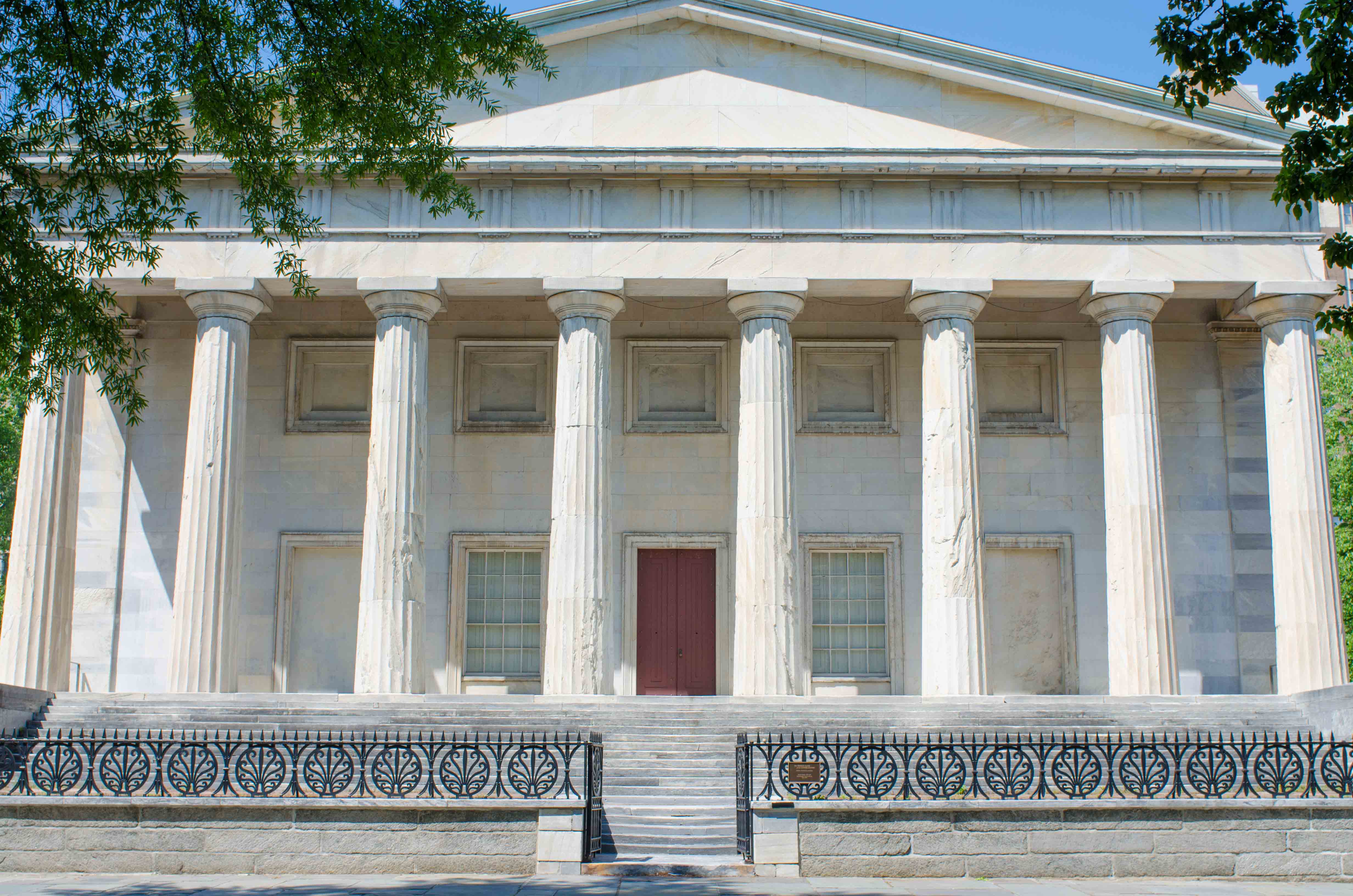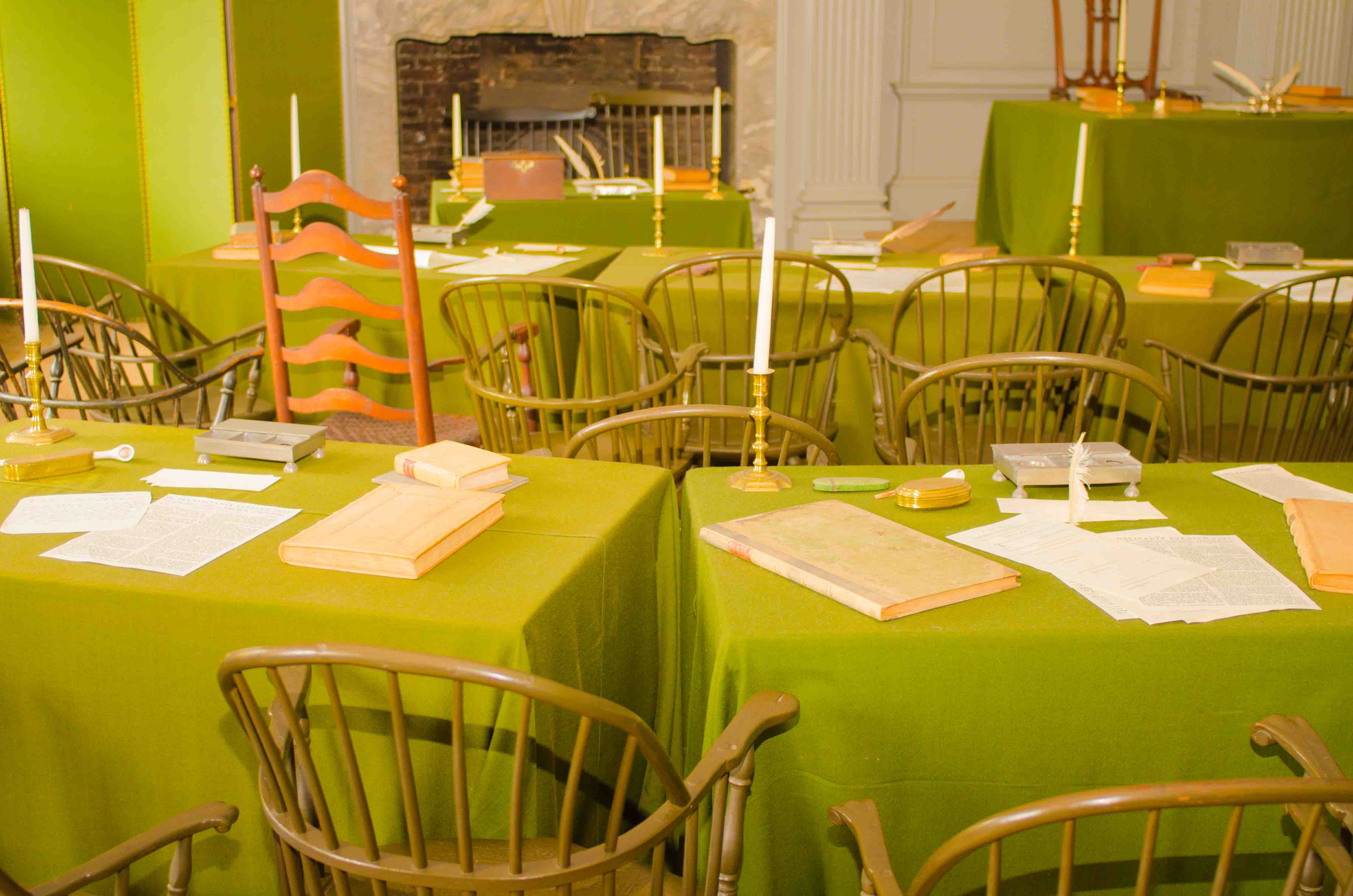Teaching Approach & Philosophy

An Adobe® Acrobat PDF of my teaching approach is available for download here.
Counseling requires a vast range of conceptual, technical, cognitive, emotional, and behavioral skills, and, while counseling, I find that I am able to engage multiple cognitions and behaviors that advance my conceptual insight, while utilizing a dynamic, responsive set of technical skills with the client.
I believe that, in order for counselors to skillfully engage with clients, while also conceptualizing, redirecting, self-regulating, and intentionally engaging in other cognitive, emotional, and behavioral processes, they require a skill set that is deeply ingrained, easily accessed, responsive to momentary contextual changes, and adaptive based on novel theories, research, and experiences. Thus, my approach to teaching is modeled in part after Vygotsky, as I envision myself as a guide, tasked with co-constructing students’ journeys toward the edge of their developmental curves. However, I also believe that each student brings a unique culture, which guides and enriches the learning process for everyone, myself included. To this effect, I draw on Yalom in developing learning communities, based on in person and online experiences and communication, that provide intellectual support, emotional support, and ongoing engagement between weekly class meetings.
Teaching Philosophy
An Adobe® Acrobat PDF of my teaching philosophy is available for download here.
I conceptualize the purposes of counselor education as imparting crystalized knowledge related to the counseling profession, developing lifelong learners, encouraging critical thinking, fostering ongoing awareness of self and others, and increasing students' cognitive complexity. I see these broad learning outcomes as foundational to training counselors who are prepared to work in ethical and culturally aware ways in a dynamic professional landscape. Learning occurs through individual and group interactions and experiences that challenge and build on existing schemas and development, as well as through cognitive processes and behavioral reinforcement. Ongoing assessment provides educators with data that is useful in structuring student learning and identifying students who require remediation, before ethical violations have been made with clients.

Learning happens through constructive, cognitive, and behavioral processes. Constructivism provides a bridge between a teacher as an expert and students, who enter the learning environment with existing knowledge and expertise, upon which they build their identities as professional counselors. Teachers are tasked with structuring experiences that encourage students to build upon existing schemas and worldviews, while exposing them to diverse perspectives and ways of thinking, thus encouraging students to learn at the upper limit of their zone of proximal development. An experiential community-based approach to learning provides individual students with the structure, support, and space they need to think critically about their own identities, values, and beliefs. Cognitive and behavioral learning theories supplement constructive learning by bolstering crystalized knowledge and providing learners with a sense of purpose and mastery. Didactic teaching approaches are used to present intentionally structured information, which increases knowledge while also providing information that can challenge learners to stay at the forefront of their development. Behaviorally reinforcing learners offsets some of the frustrations that accompany development while providing a sense of learning as rewarding and validating, which sets the stage for students to become lifelong learners. Integrating constructive, cognitive, and behavioral learning theories sets the stage for educators to proactively implement a range of teaching approaches, such as experiential activities, group interactions, lectures, demonstrations, and technology based approaches.
Ongoing assessment and evaluation of student learning provides a conceptual foundation regarding the extent to which a student is being supported in learning at the upper bounds of their development. Assessments are constructed based on students' developmental level and enable educators to identify and target gaps in learning and knowledge while structuring individual and group learning. Assessments must begin early in the education process, given the role of counselor educators as gatekeepers. Early assessments are used by educators to identify gaps in empathy and awareness as well as incongruences between values held by learners and those held by the broader counseling profession. In this way assessments are used to keep students at the edge of their development, while also protecting the professional identity and ethics of the counseling profession.